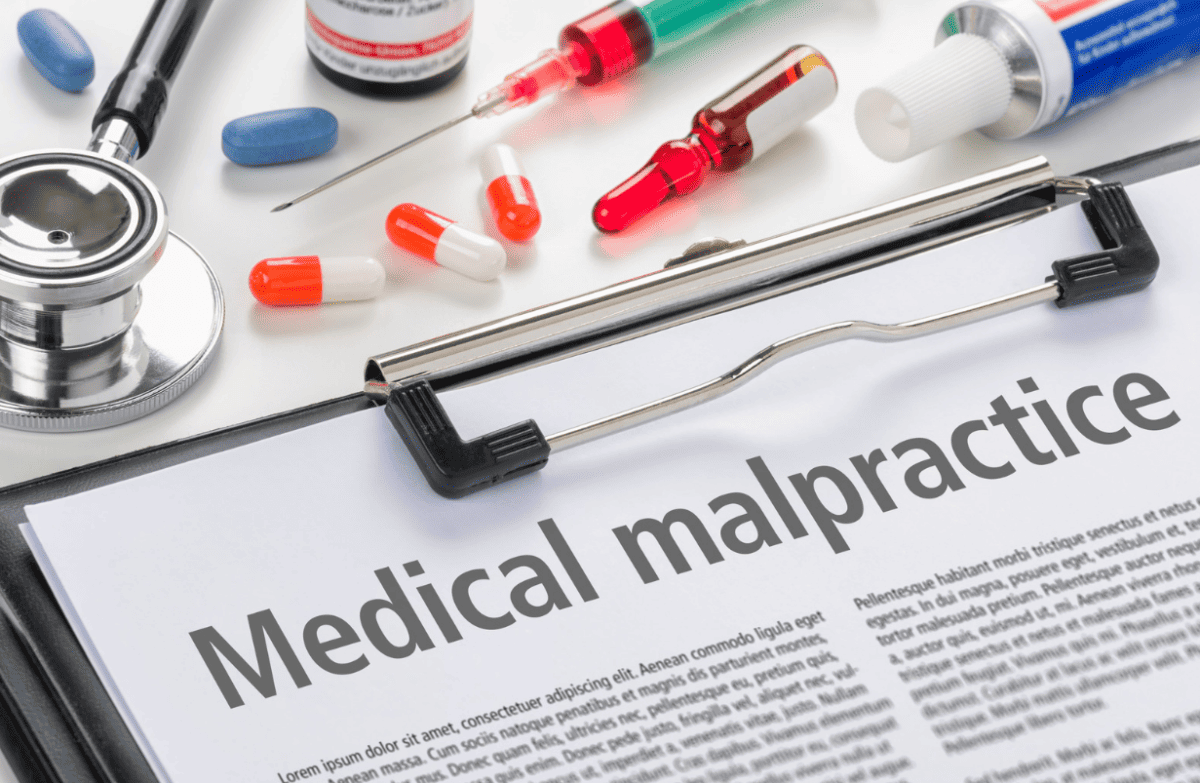Medical malpractice is a serious issue that affects thousands of patients every year in Virginia. According to the National Practitioner Data Bank, there were 1,209 medical malpractice payments made in Virginia from 2015 to 2019, totaling over $400 million in connection with Virginia medical malpractice cases. If you or a loved one have been a victim of medical malpractice, you may be entitled to compensation for your losses.
However, you should be aware that Virginia medical malpractice cases are complex and challenging, and you will likely face some common defenses from the healthcare provider and their insurance company.
Let’s take a literary walk through four of the most common defenses in Virginia medical malpractice cases and how you can overcome them with the help of Virginia medical malpractice lawyers.

Statute of Limitations
This law serves as a timer on your right to file a lawsuit. In Virginia, the general rule is that you have two years from the date of the injury to file a suit. However, there are some exceptions and extensions that may apply, depending on the circumstances of your case.
For example, if the injury was not discovered right away or if the healthcare provider concealed or misrepresented their negligence, you may have more time to file your claim. Additionally, if the victim is a minor or mentally incapacitated, the statute of limitations may be tolled until they reach the age of majority or regain their capacity.
Standard of Care
Another common defense that a health care provider may use is that they did not breach the standard of care. The standard of care is the level of skill, care, and diligence that a reasonably competent healthcare provider in the same field and under similar circumstances would have exercised.
To prove that the healthcare provider breached the standard of care, you will need to present expert testimony from a qualified and experienced healthcare provider in the same specialty as the defendant.
The expert witness will need to explain what the standard of care was, how the defendant deviated from it, and how that deviation caused your injury. The defendant will likely present their expert witness to counter your claim and argue that their actions were reasonable and consistent with the standard of care.
Contributory Negligence
A healthcare provider may assert that you were partly or wholly responsible for your injury. This is known as contributory negligence, and it is a harsh rule that applies in Virginia and a few other states. Under this rule, if you are found to have contributed in any way to your injury by failing to exercise reasonable care for your safety, you will be barred from recovering any compensation.
For example, if you failed to follow the healthcare provider’s instructions, did not disclose your medical history, or mixed medications without authorization, you may be found to have contributed to your injury. The healthcare provider will try to shift the blame to you and minimize their liability. To overcome this defense, you will need to show that you did not act negligently and that your injury was solely caused by the healthcare provider’s negligence.

Virginia Medical Malpractice Cases Causation
Fourthly, a healthcare provider may claim that their negligence did not cause your injury. Causation is an essential element of a medical malpractice claim, and it requires you to prove that there is a direct and foreseeable link between the healthcare provider’s negligence and your injury. In other words, you will need to show that your injury would not have occurred but for the healthcare provider’s negligence and that your injury was a natural and probable consequence of their negligence.
The healthcare provider may try to break this link by arguing that your injury was caused by other factors, such as a pre-existing condition, an intervening event, or a natural progression of your illness. To counter this defense, you will need to present expert testimony and medical evidence to establish the causal connection between the defendant’s negligence and your injury.


